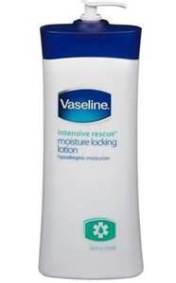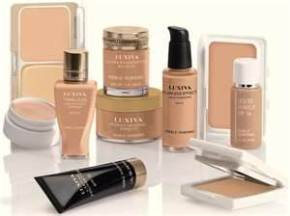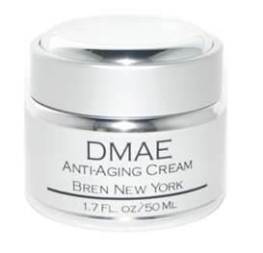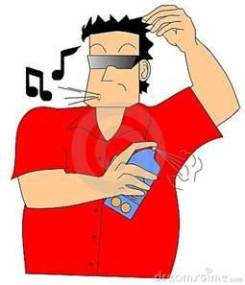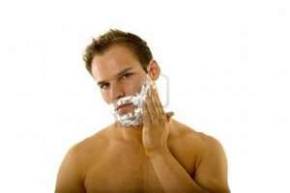Probably the first thing you want to be able to say in English is what you like. Talking about things you like is part of everyday conversations, business meetings and school. Because English is a very versatile language, there are many ways to express likes. Here are some of the most common informal ways to express likes:
- to be totally into: This is a phrasal verb used often. It is used when you want to express a STRONG like for someone or something. It can be used to talk about yourself, or others.
Examples: (1) Lately, I have been totally into the TV Series Breaking Bad. (This means that you especially enjoy this TV show).
(2) Ever since Carl came back from Europe, he has been totally into foreign films. (This means that Carl watches many foreign films and likes them very much.
- to be crazy for: Another phrasal verb that means someone likes someone or something very, very much. It can be used to talk about yourself or others, but usually used to talk about others.
Examples: (1) Californians are crazy for avocados. (This means that, in general, avocados are a favorite food of Californians).
(2) Girls aged 9-12 were crazy for The Beatles in the early 1960s.
- to be into (less strong than “to be totally into”). Can be used to talk about yourself or others. Can also be used with the word NOT to express a dislike.
Examples: (1) Our teacher Mr. Johnson is into giving open book exams. (This means that the teacher favorites allowing students to use the textbook during tests.
(2) Kevin is not into spending too much time studying for school. (This means that Kevin does not enjoy studying more than he has to.
- to love something (an expression that does not mean romantic love. It means someone likes something immensely). Note: can also be used sarcastically
Examples: (1) Dogs love to go for a walk.
(2) I just loved the movie “Boyhood”.
(3) Taxes! I love doing them every year! (Sarcastic. Means I HATE doing them.)
To learn more about how to agree with people’s likes, you can watch this video:






 eyeliner pencil
eyeliner pencil